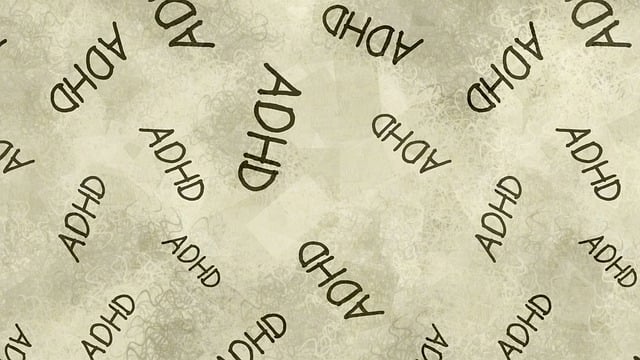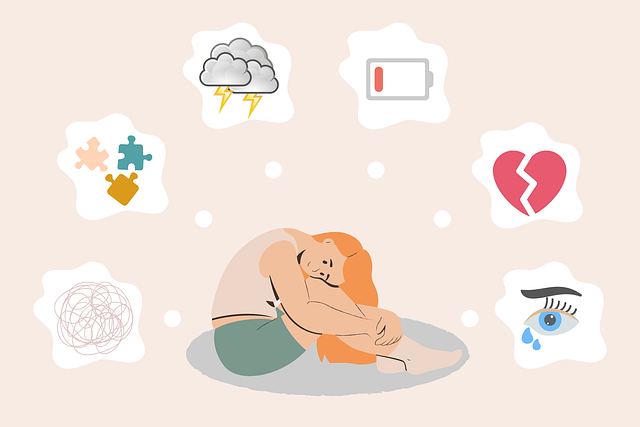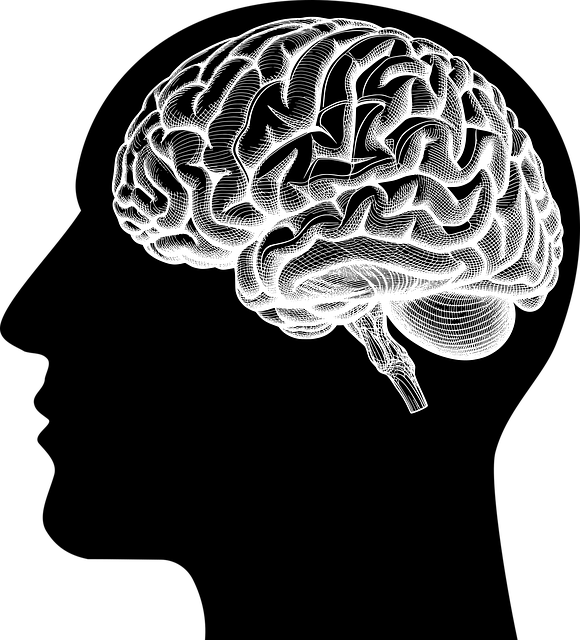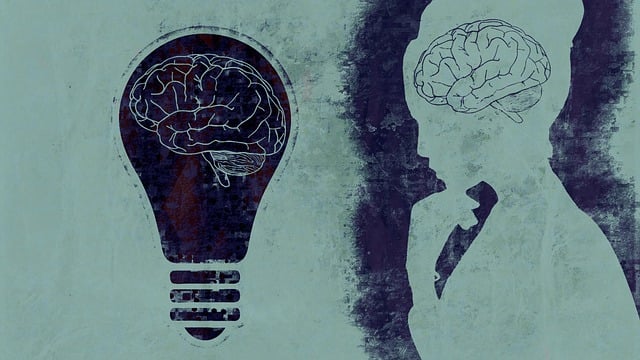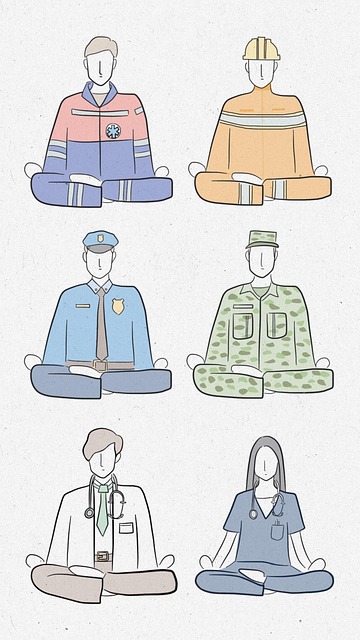Cultural competency in healthcare, as exemplified by Aurora Independent Medical Evaluations and Therapy (AIMET), is crucial for patient-centered care, especially in diverse communities. AIMET's specialized assessments and therapy facilitate a deep understanding of cultural contexts and beliefs, empowering medical professionals to deliver compassionate and effective care. Comprehensive training should include mental wellness journaling and self-care exercises to promote emotional resilience in navigating complex cultural situations. Evaluating program success through both knowledge assessment and behavioral changes, along with patient satisfaction and outcomes, ensures the effectiveness of cultural competency initiatives in healthcare.
In today’s diverse healthcare landscape, cultural competency is no longer an option but a necessity. Understanding and respecting patients’ cultural backgrounds are essential for effective and respectful patient care. This article explores the critical role of cultural competency training for healthcare providers, focusing on how programs like Aurora Independent Medical Evaluations and Therapy contribute to more inclusive practices. We’ll delve into key components of comprehensive training and methods for measuring success, emphasizing the ultimate goal: improved patient outcomes.
- Understanding Cultural Competency in Healthcare: Why It Matters for Effective Patient Care
- The Role of Aurora Independent Medical Evaluations and Therapy in Promoting Cultural Sensitivity
- Key Components of Comprehensive Cultural Competency Training for Healthcare Providers
- Measuring Success: Evaluating the Impact and Effectiveness of Cultural Competency Programs
Understanding Cultural Competency in Healthcare: Why It Matters for Effective Patient Care

Cultural competency in healthcare refers to the ability of providers to understand and appreciate the cultural diversity of their patients, families, and communities. It involves recognizing and respecting different values, beliefs, behaviors, and communication styles that may influence how individuals access and receive care. This is particularly crucial in an area like Aurora, where a diverse population seeks independent medical evaluations and therapy for various health concerns, including mental wellness issues such as depression prevention.
When healthcare providers are culturally competent, they can deliver more effective and patient-centered care. They become better equipped to navigate complex ethical dilemmas, avoid unconscious biases, and foster trust between themselves and patients from different backgrounds. This is especially important in the context of community outreach programs that aim to promote mental wellness and address health disparities. By understanding cultural nuances, healthcare professionals can adapt their practices to meet the unique needs of diverse populations, ensuring equitable access to quality care for all.
The Role of Aurora Independent Medical Evaluations and Therapy in Promoting Cultural Sensitivity

Aurora Independent Medical Evaluations and Therapy plays a pivotal role in enhancing healthcare provider cultural competency training. By conducting thorough assessments and tailored therapy sessions, they contribute to a deeper understanding of diverse cultural backgrounds and beliefs among patients. This specialized approach enables healthcare professionals to offer more empathetic and effective care, bridging the gap between providers and culturally diverse communities.
Incorporating these evaluations into the broader context of healthcare provider training ensures that public awareness campaigns development gains momentum. Educating providers about cultural sensitivity fosters an environment where everyone feels valued and heard, ultimately boosting confidence in their ability to cater to a diverse patient population. This, in turn, enhances satisfaction levels among patients from all walks of life, ensuring better health outcomes for everyone.
Key Components of Comprehensive Cultural Competency Training for Healthcare Providers

Comprehensive cultural competency training for healthcare providers should encompass several key components to ensure effective and empathetic care for diverse patient populations. First, it’s essential to include mental wellness journaling exercises that encourage self-reflection and understanding of one’s own biases and assumptions. By documenting thoughts and experiences in a structured format, healthcare professionals can develop insights into their cultural perspectives and how they might influence interactions with patients from different backgrounds.
Additionally, training should incorporate practical guidance on positive thinking and self-care routine development for better mental health. These practices empower providers to maintain emotional resilience, especially when navigating complex cultural situations. For instance, teaching stress management techniques or mindfulness exercises can help healthcare workers stay calm and focused during challenging conversations related to sensitive topics like race, gender, or sexual orientation. Integrating these elements seamlessly into the training curriculum of Aurora Independent Medical Evaluations Therapy ensures that providers are not only culturally aware but also emotionally equipped to deliver high-quality care to all patients.
Measuring Success: Evaluating the Impact and Effectiveness of Cultural Competency Programs

Measuring the success and impact of healthcare provider cultural competency training is a crucial step in ensuring its effectiveness. Programs aimed at enhancing cultural sensitivity in mental healthcare practice should be evaluated using comprehensive methods, such as Aurora Independent Medical Evaluations Therapy. This involves assessing both the knowledge acquisition and behavioral changes among participants. Pre- and post-training assessments can gauge the improvement in cultural awareness, bias reduction, and enhanced communication skills.
The integration of qualitative and quantitative data offers a holistic view. Qualitative feedback from participants through surveys or focus groups provides insights into their experiences and perceived benefits. Simultaneously, quantitative metrics like patient satisfaction scores, treatment outcomes, and retention rates post-training can demonstrate the real-world impact. By combining these evaluation methods, healthcare organizations can identify successful components, areas for improvement, and ultimately, optimize the design of cultural competency training programs, fostering more inclusive and effective mental healthcare practices.
Cultural competency training is no longer an option but an imperative for healthcare providers. By embracing diverse perspectives and fostering cultural sensitivity, as demonstrated by entities like Aurora Independent Medical Evaluations and Therapy, we can significantly improve patient outcomes and create more inclusive healthcare environments. Comprehensive programs that focus on key components such as awareness, knowledge, attitude, and skill development, along with effective evaluation methods, are crucial steps towards achieving equitable care for all patients.
